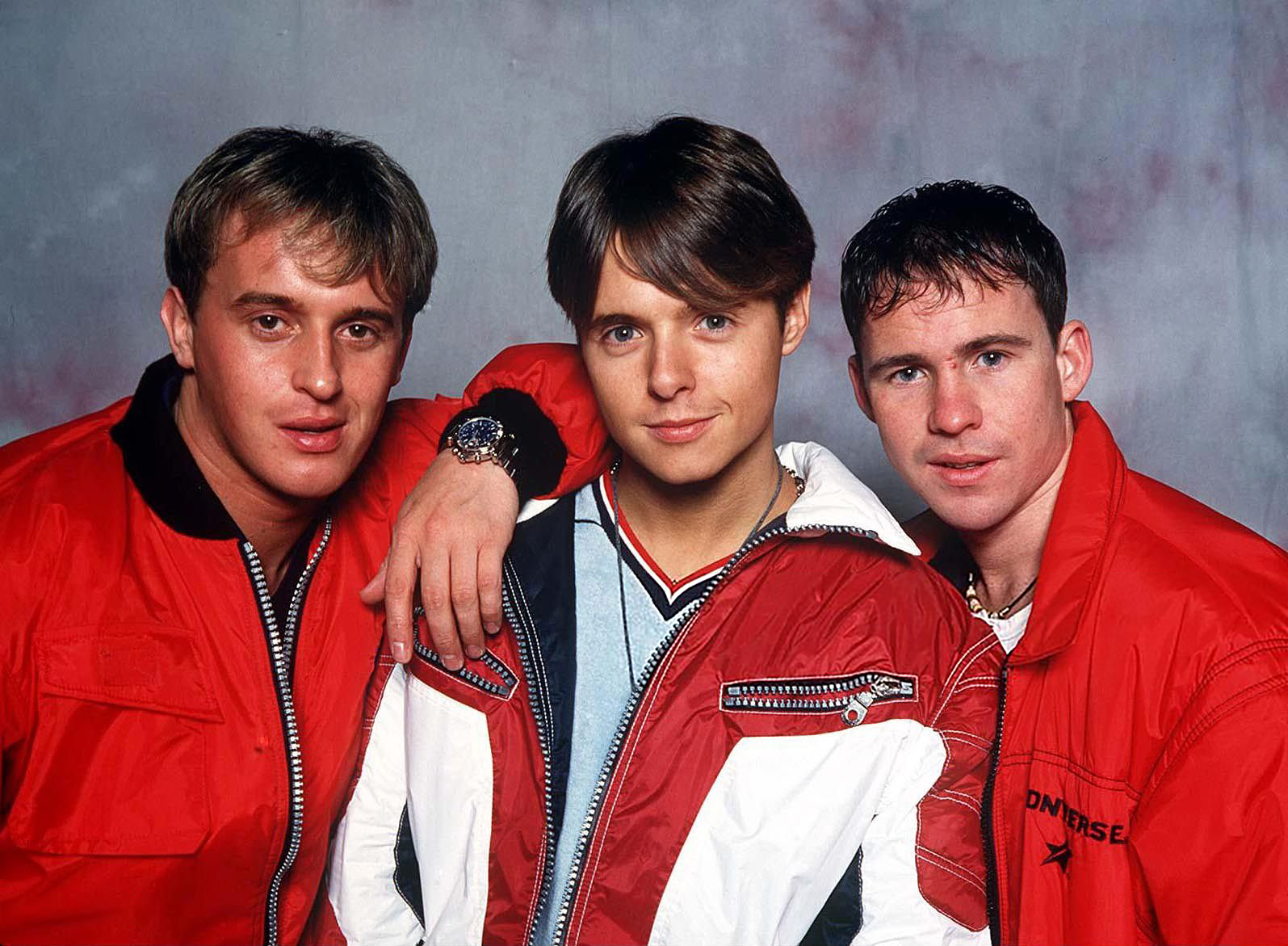
The devastating loss of Liam Payne, who tragically passed away at the age of 31, has sparked an urgent conversation about the mental health challenges faced by artists in the music industry. Former 911 band member Jimmy Constable has voiced concerns over the lack of psychological support provided to artists at the peak of their careers and beyond. Reflecting on his own experiences, Constable emphasized how relentless schedules, high-pressure environments, and isolation often leave performers ill-equipped to cope with fame’s demands.
Jimmy revealed that during 911’s heyday in the 1990s, his group endured unyielding pressure, sometimes with only three weeks off over six years. He recounted living in hotels with strict schedules and little personal freedom, noting that record companies often prioritized profit over performers’ wellbeing. “The job sheet would arrive daily, dictating every moment. Once the workday ended, you were confined to your hotel room because of the frenzy outside,” Constable explained. His comments highlight a pervasive issue in the entertainment industry: the lack of a structured support system to help artists navigate fame and its aftermath.

Liam Payne, who rose to global stardom with One Direction, had openly discussed his struggles with mental health, sharing that he relied on alcohol and substances to manage the pressures of fame. His untimely passing has intensified calls for record labels to take accountability. Constable believes that providing access to psychologists during and after an artist’s career could prevent similar tragedies. “Artists need someone to turn to—a psychologist or mentor who can guide them through the highs and lows of the music business,” he suggested. Furthermore, he argued that this support should not end when an artist’s fame fades but should continue as they transition back to a more private life.
Liam’s fans have also rallied to demand change. A petition advocating for mental health protections for musicians has gained over 150,000 signatures, calling for legislation to ensure regular mental health check-ups, designated rest periods, and long-term support. Many fans feel deeply connected to Liam and the One Direction legacy, with one campaigner expressing, “This is for Liam and the boys. We will fight for justice and ensure no artist is left without the care they deserve.”
The tragic loss of Liam Payne serves as a stark reminder that the entertainment industry must prioritize mental health alongside commercial success. The glamorous facade of stardom often conceals an undercurrent of stress, anxiety, and isolation that can have dire consequences. By implementing meaningful changes, the industry has an opportunity to safeguard the well-being of its artists and honor Liam’s legacy by ensuring no one else suffers in silence.






